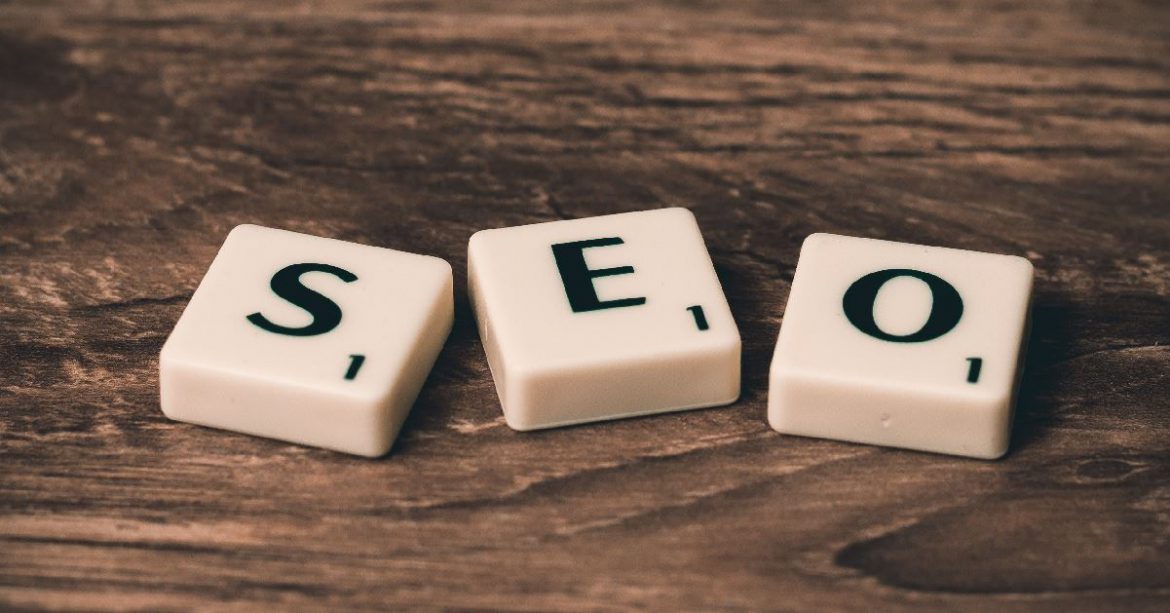How To Leverage SEO To Improve Your Content Marketing Strategy
Are you looking to improve the competitiveness of your brand online? Then leveraging SEO through content marketing may be the answer.
Today, we spend the majority of our time online – using it practically for everything – from searching for our favorite brands to collecting reviews for our next purchase. There’s nothing that Google can’t answer. Such is the power of a search engine.
Research reveals that content marketing gets 3X more leads than paid search advertising. So, as a company existing on the world wide web, the success of your performance digitally is determined by the content you develop and how searchable it is to your target audience.
However, before we discuss techniques. Let’s first gain some basic understanding of the key topics discussed in this blog:
Search Engine Optimization (SEO)
Search Engine Optimization is the process of increasing your site visibility for easy search and increased attention amongst your target audience. Success here entails the increase in your website’s ranking on search engines like Google.
While there are a variety of factors that contribute to SEO, content marketing is probably the tried and tested tactic employed to drive optimization.
Content Marketing
Useful content should be at the core of your marketing – making it one of the most important factors in your marketing strategy. It’s the creation of marketing materials that attract and retain your target audience.
Content creates value to a brand in the form of imagery, videos, and vocabulary and allows customers to understand, be educated and entertained with a brand, service or product.
Now, let’s look at techniques that can leverage SEO to drive your content marketing efforts:
-
Write down the goals you want to achieve:
This will set a clear path on what you want to achieve, then you can determine how. Ensure that your content marketing and SEO goals align with your marketing strategy to guarantee consistency.
A great principle to follow is the SMART acronym:
S- Specific: Be specific and not general, adhering to your overall marketing objectives and use specific wording.
M-Measurable: Ensure you can measure the successes or failures of these goals for example tracking the popularity of keywords you implement on your website.
A-Attainable: Can you meet these goals? Are they realistic?
R- Relevant: Do these goals meet the specific needs of your brand and target audience?
T- Timely: Set a realistic timeframe to meet these goals and ensure it’s realistic, brands don’t start Christmas campaigns in August for a reason.
-
Research, research, research!
This step is key to determining how you can successfully reach your SMART goals. During this step, you want to find keywords that are relevant to your brand and target audience.
Keywords are the heart of SEO and will determine what your audience is looking for in search engines. You can then leverage them in your SEO strategy to get a higher rank.
-
Identify top-performing content
So now you’ve determined your goals and you know the keywords to implement, what’s next? Take a look at your analytics and determine what type of content works well for your brand.
By identifying these strengths, you can harness them to create shareable content. Understand your impressions, clicks, ads results, social media feedback and time users spend on a page to see where your strengths and weaknesses currently lie.
-
Leverage your content
Now, it’s time to start planning your content. This is an important factor as you want to ensure you are aligning content with SEO. Start by creating content calendars that include your keywords and where you want to implement them.
Suggested places to leverage your content for improved optimization:
- Social media- Create a strong online presence and engage with customers and prospects. Since over 45% of the population globally use social media, this is a good place to start!
- Blogs– Blogging is a great source to organically generate more leads and achieve your SEO goals. Sites with blogs have 434% more indexed pages meaning it’s easier to rank on search engines.
- Metadata- Incorporate your keywords into meta tags, meta descriptions, tags and categories on your website to leverage your SEO.
-
Track your results
Once you have actioned your plan and the wheels are set in motion, regularly monitor your progress to understand the successes and failures. Here you can alter any factors that aren’t working out and use stronger tactics to further your success.
If you want to kick all your content marketing goals, the best way to ensure this is by integrating SEO to further impact and visibility. The two marketing tactics complement each other and together are the ultimate powerhouse for digital success.


